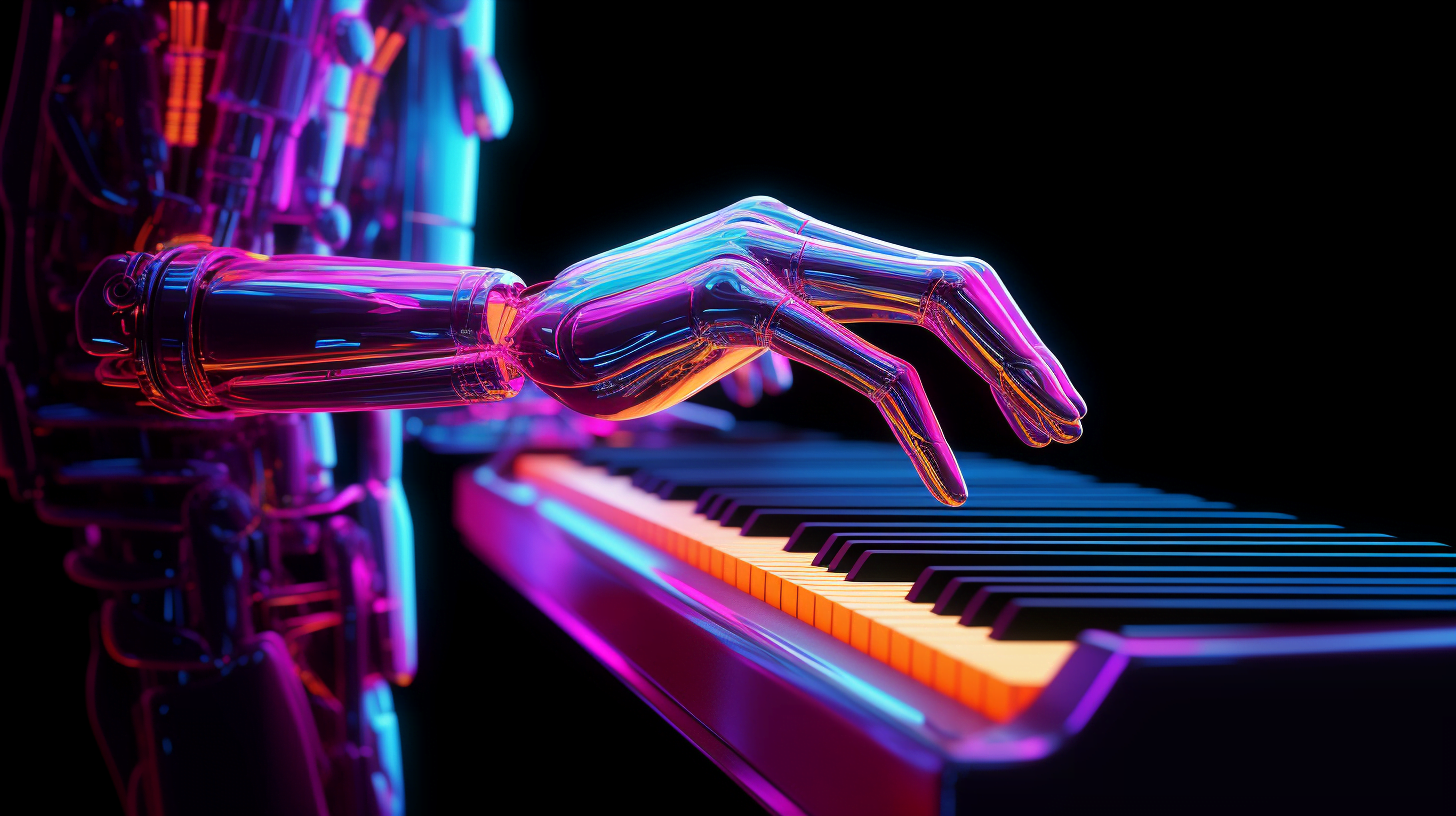Soundcloud updates its AI training policy, but it's still unclear

Update May 15, 2025:
Soundcloud has updated its terms of use, stating: "We will not use Your Content to train generative AI models that aim to replicate or synthesize your voice, music, or likeness without your explicit consent, which must be affirmatively provided through an opt-in mechanism."
This new policy puts some limits on how user uploads can be used for AI training, but the fine print is still murky. In reality, generative AI models are rarely trained to copy a single voice or style as described in the terms (your voice, music, or likeness), but they still pick up patterns from individual creators.
With huge datasets, the line between a collective style and a personal signature gets hard to define—especially in music and voice, where influence and originality are almost always tangled together.
Soundcloud's position seems similar to OpenAI's argument that Studio Ghibli's style counts as a "studio style," making it fair game for AI training, rather than the unique creation of an individual artist. That logic is controversial—why should copying a studio style be any different, especially when it's often individual creators who define what a studio is known for? Studio Ghibli is a classic example of that tension.
Update May 11, 2025:
Marni Greenberg, head of communications at SoundCloud, told The Verge that if content is ever used for generative AI in the future, there will be clear opt-out options and transparency — confirming that such training may happen.
Article from May 10, 2025:
Soundcloud could train AI models on user data
Soundcloud changed its terms of use in February 2024 to allow uploaded music to be used for AI training. AI copyright activist Ed Newton-Rex spotted the change and said that users were not informed. In a statement, Soundcloud said it does not train AI models with artist content, does not build its own AI tools, and blocks third-party scraping. It said AI is only used internally for things like recommendations, fraud detection, and content sorting. Artists keep control of their work, and all AI use follows existing license deals. However, the statement does not clearly rule out general AI training.
AI News Without the Hype – Curated by Humans
As a THE DECODER subscriber, you get ad-free reading, our weekly AI newsletter, the exclusive "AI Radar" Frontier Report 6× per year, access to comments, and our complete archive.
Subscribe nowAI news without the hype
Curated by humans.
- Over 20 percent launch discount.
- Read without distractions – no Google ads.
- Access to comments and community discussions.
- Weekly AI newsletter.
- 6 times a year: “AI Radar” – deep dives on key AI topics.
- Up to 25 % off on KI Pro online events.
- Access to our full ten-year archive.
- Get the latest AI news from The Decoder.